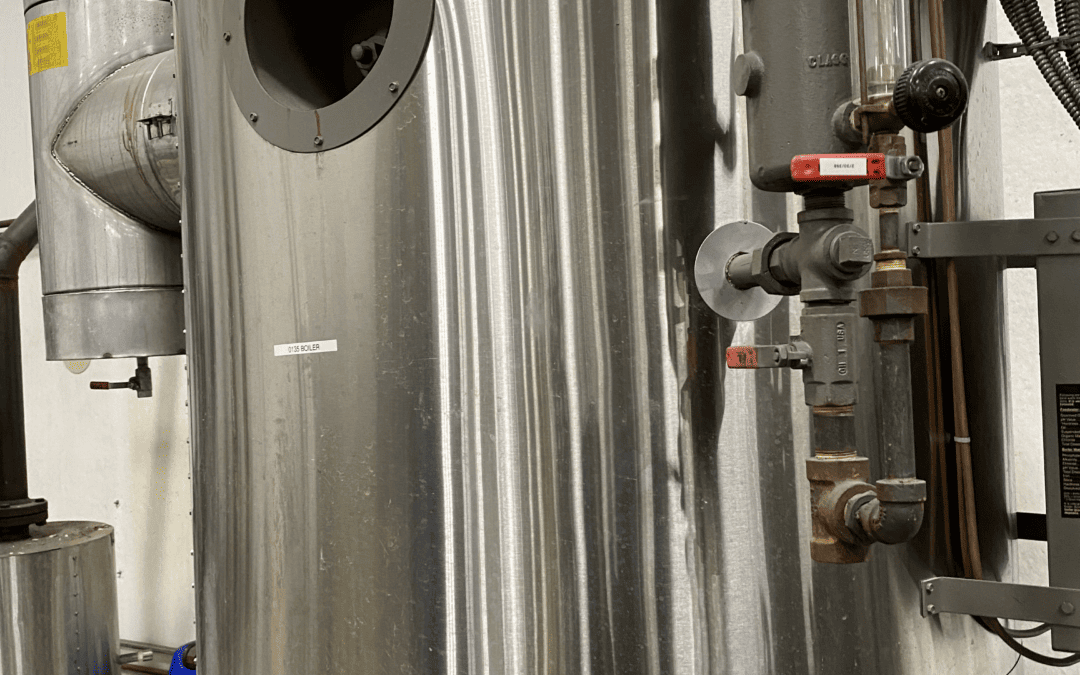The Ultimate Guide to Purchasing Industrial Boiler Equipment
Investing in industrial boiler equipment is a significant decision that can impact the efficiency and productivity of various industrial processes. The term “industrial boiler” encompasses a broad range of systems designed to meet the demanding requirements of heavy-duty applications. This guide aims to provide comprehensive insights into the key factors one should consider when purchasing industrial boiler equipment, ensuring a well-informed decision aligned with specific operational needs.
Understanding Industrial Boiler Equipment
Types of Industrial Boilers:
Industrial boilers come in various types, each tailored to specific applications. Common types include fire-tube boilers, water-tube boilers, and electric boilers. Understanding the distinct characteristics of these boiler types is crucial in determining which one best suits the industrial process requirements.
Boiler Equipment Components:
To make an informed decision, it’s essential to familiarize oneself with the key components of industrial boiler equipment. These include the boiler itself, burners, combustion chambers, heat exchangers, and control systems. Understanding the role of each component ensures a comprehensive evaluation of the entire system.
Key Considerations for Selecting Industrial Boiler Equipment:
Capacity and Output:
Determining the required capacity and output of the industrial boiler is the first step in the selection process. Assessing the heat or steam requirements of the industrial process is crucial to avoid underperformance or overcapacity issues. The right-sized boiler ensures optimal efficiency and cost-effectiveness.
Efficiency and Performance:
Efficiency is a critical factor in the selection of industrial boiler equipment. High-efficiency boilers not only reduce energy consumption but also contribute to cost savings over the long term. Look for boilers with advanced combustion technology and heat recovery systems to maximize efficiency and performance.
Fuel Type and Availability:
Choosing the appropriate fuel type for industrial boiler equipment is a pivotal decision. Common fuel options include natural gas, diesel, biomass, and coal. Consider factors such as fuel availability, cost, and environmental impact when selecting the fuel source for the industrial boiler.
Environmental Compliance:
Adherence to environmental standards is essential for regulatory compliance. Industrial boiler equipment must meet emission standards to minimize environmental impact. Ensure that the chosen equipment complies with local and international regulations, reducing the risk of legal and operational challenges.
Maintenance and Support:
Regular maintenance is crucial for the longevity and reliability of industrial boiler equipment. Evaluate the availability of maintenance services and the ease of obtaining replacement parts. A well-maintained boiler ensures consistent performance and minimizes downtime.
Environmental Compliance:
Adherence to environmental standards is essential for regulatory compliance. Industrial boiler equipment must meet emission standards to minimize environmental impact. Ensure that the chosen equipment complies with local and international regulations, reducing the risk of legal and operational challenges.
Summary
The purchase of industrial boiler equipment requires a meticulous evaluation of various factors to ensure optimal performance and efficiency. By following this ultimate guide, businesses can confidently invest in industrial boiler equipment that aligns with their specific operational needs, facilitating seamless and efficient industrial processes.
Revelation Machinery offers regularly updated inventory of used commercial boilers for sale. If you have any questions or are looking for a specific type of boiler, please feel free to reach out to our equipment experts! Interested in selling your equipment? Learn how to sell used industrial boilers for cash to Revelation Machinery today!

